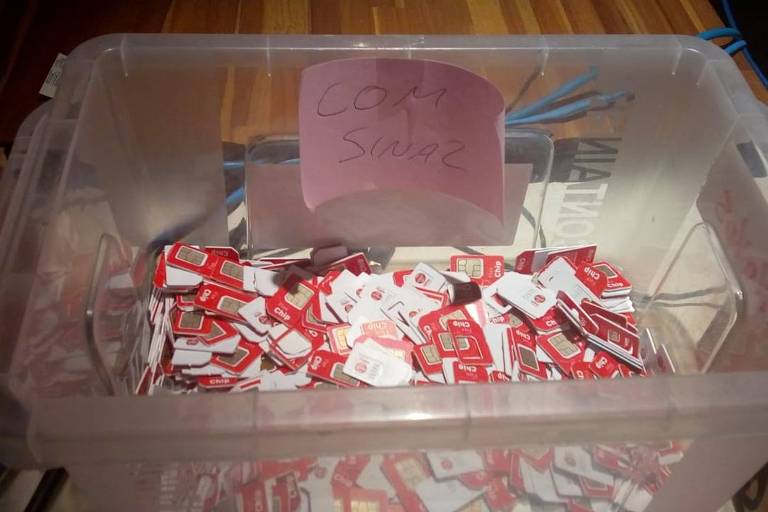Labor court documents obtained by Folha show how the underworld of irregular WhatsApp message blasts worked in Brazil during the 2018 general elections.
A group of companies resorted to defrauding documents of senior citizens to buy SIM cards and send hundreds of messages at once with content that benefited some politicians.
One of the digital marketing agencies involved in the scheme is Yacows, that was subcontracted by AM4, a producing company hired by president-elect Jair Bolsonaro's campaign.
Folha spoke several times with the lawsuit's plaintiff, Hans River do Rio Nascimento, a former employee from one company from the group. In his the first on the record contacts with the reporters, he said he didn't remember which campaigns took advantage of the fraudulent scheme, but he confirmed the content of court documents and answered the reporters' questions.
Days later, he changed his mind after entering a deal with his former employer. "I changed my mind, I'm asking to cross out everything I said so far, don't count on me from now on," he wrote in a text message. Folha had reached out to Yacows for comment three days prior.
The recorded conversations and Nascimento's lawsuit flesh out the scheme revealed by Folha back in October, when the newspaper reported how businesspeople paid for anti-PT WhatsApp message blasts during the campaign.
After the story's publication, WhatsApp blocked accounts associated with the four mentioned agencies: Quickmobile, Croc Services, SMS Market, and Yacows.
Nascimento described the activities of three associated agencies: Yacows, Deep Marketing, and Kiplix. They are all located in the same address in São Paulo and belong to siblings Lindolfo Alves Neto and Flávia Alves. Nascimento was employed by Kiplix earning R$ 1,500 (US$ 390) monthly.
According to him, the agencies bought cell phone numbers using names, social security numbers, and dates of birth of random people. He sent to the reporters a list of 10,000 names of people born between 1932 and 1953 (65 to 86 years old) that would be distributed by Yacows to the message blast operators.
Nascimento says that the lists with personal information were a crucial part of the scheme.
Brazilian law requires an active social security number to activate a SIM card with a cell phone number. Since WhatsApp blocks numbers that send off a large number of messages to avoid spam in the platform, the agencies needed enough SIM cards to replace the blocked ones and keep the operation going.
Also according to Nascimento, the production line of WhatsApp blasts worked during the campaign without interruption.
His working conditions - being hired under the table, no lunch breaks and no payment for overtime hours - made him sue Kiplix in the labor court.
Translated by NATASHA MADOV
Read the article in the original language
